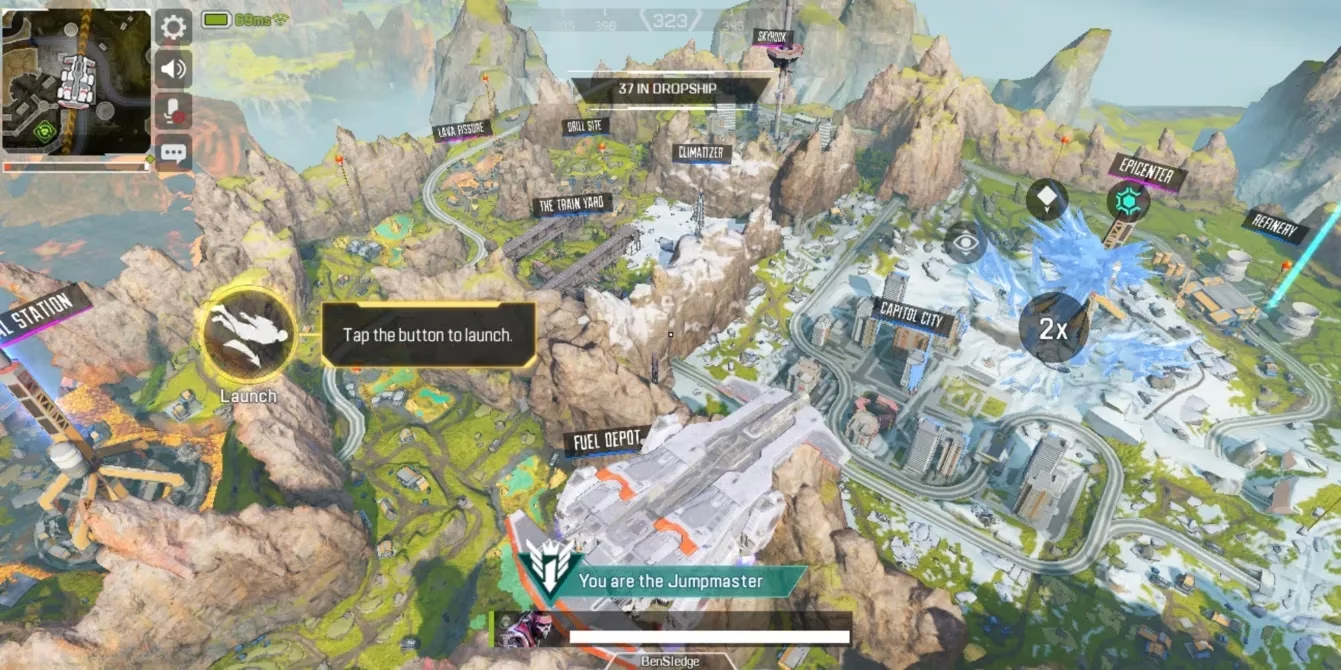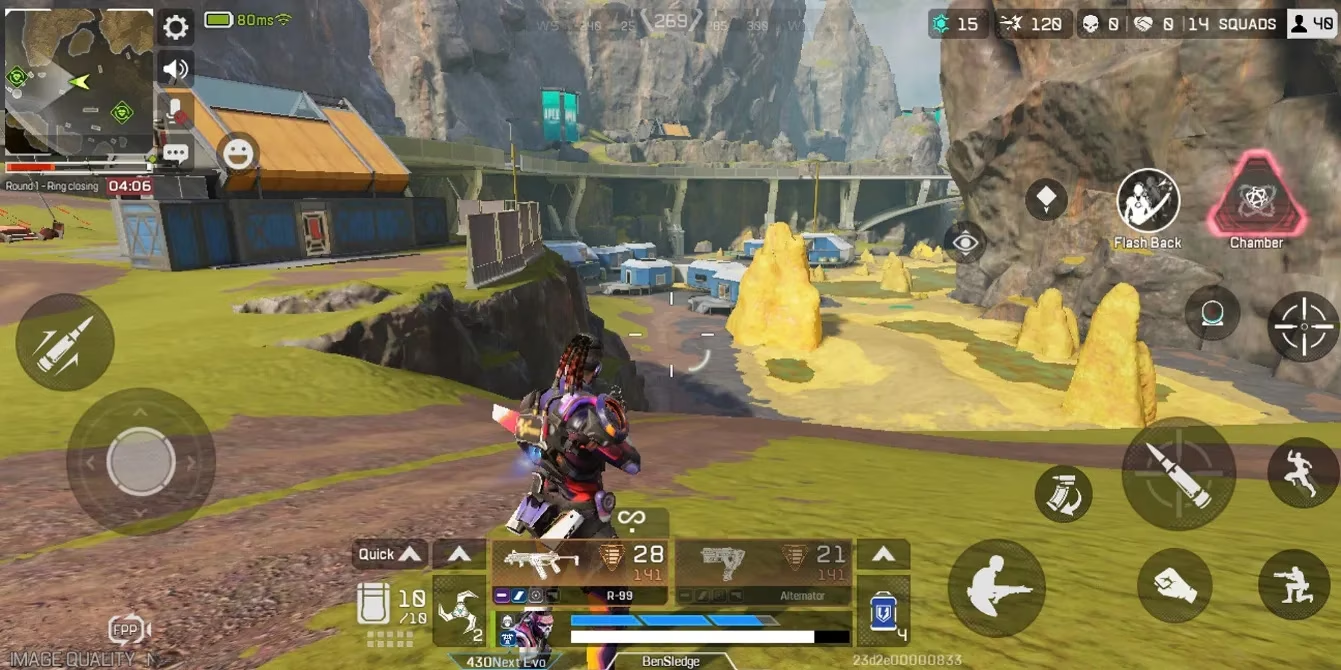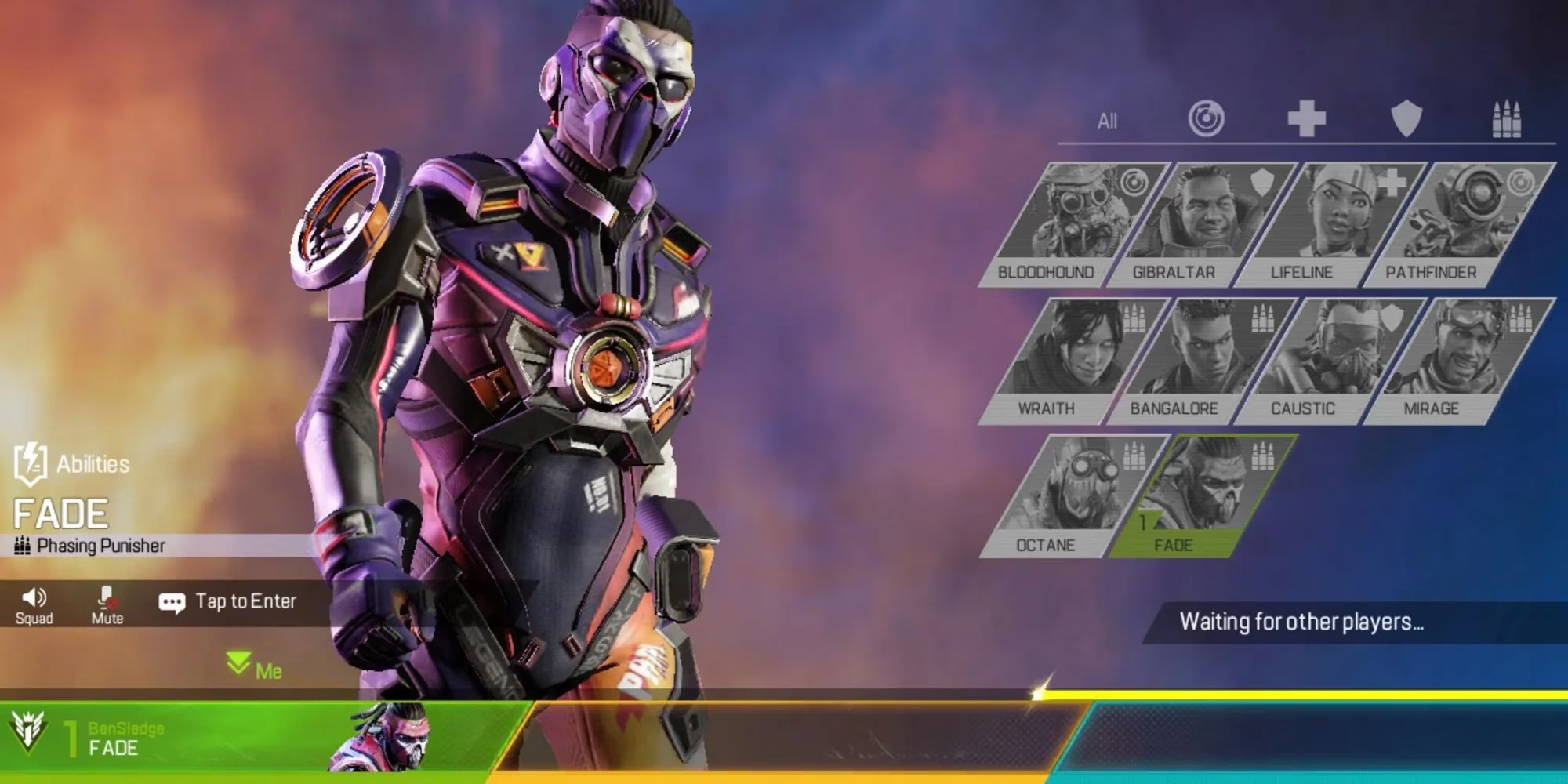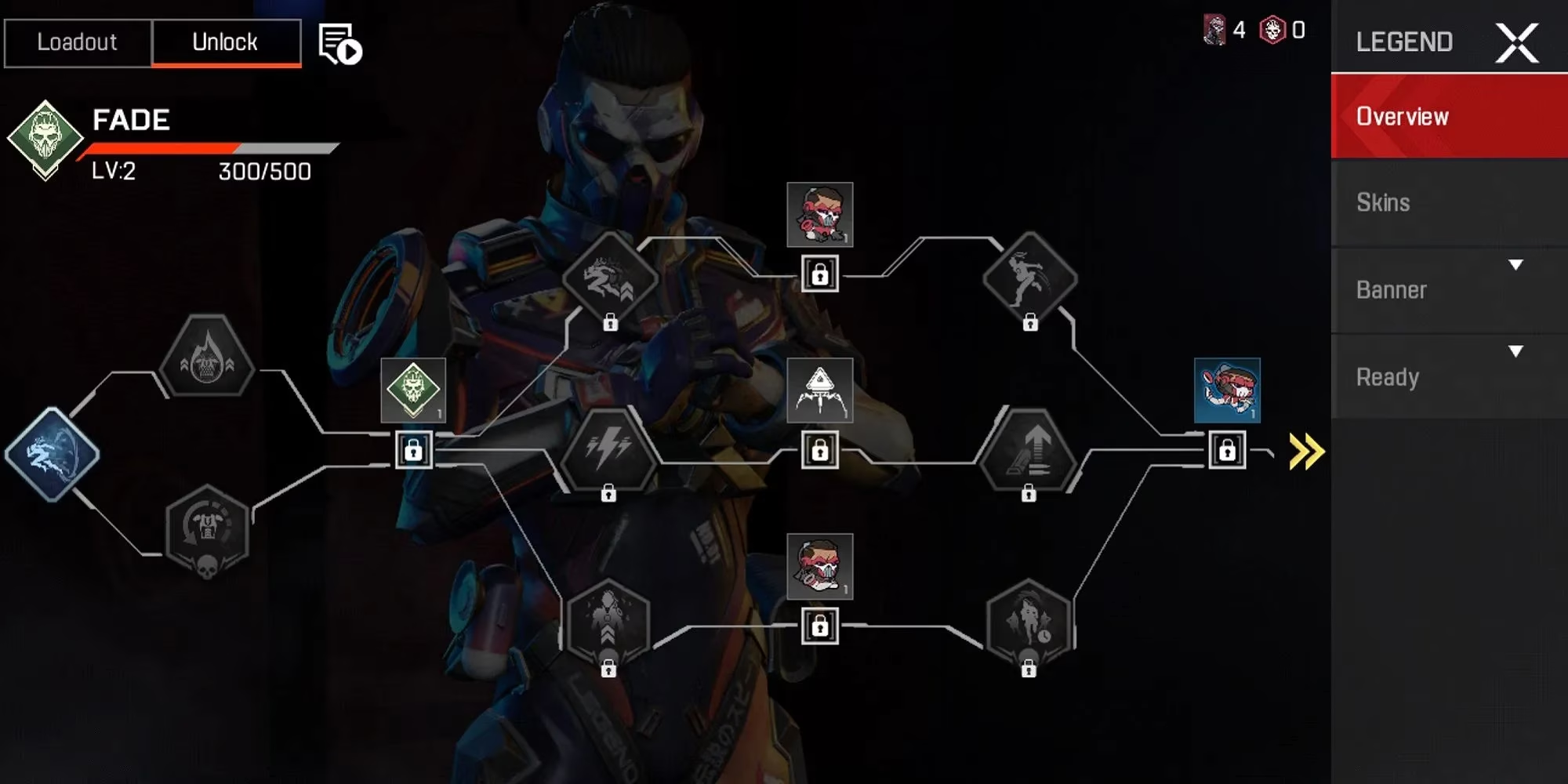The glow of the smartphone screen illuminated the darkened room as gunfire echoed through tinny speakers. For battle royale enthusiasts, Apex Legends Mobile wasn't just another port—it was an entirely new universe squeezed into the palm of their hands. As the digital chaos unfolded, players worldwide discovered a familiar-yet-alien landscape where Kings Canyon's dusty canyons and World's Edge's molten fissures transformed into tap-and-swipe battlegrounds. This wasn't merely a scaled-down version of the beloved franchise; it felt like stumbling upon a parallel dimension where legends moved differently, bullets sang a new rhythm, and victory tasted sweeter when achieved between subway stops.

🎮 The Unfolding Journey
Mirage's holographic smirks welcomed newcomers through a cleverly staged tutorial that felt like an old friend whispering secrets. The gradual introduction of on-screen controls created a strange ballet—thumbs dancing across glass, each new button appearing only when the previous became muscle memory. What seemed initially overwhelming blossomed into intuitive chaos. With every level gained, the game peeled back layers like a digital onion: Battle Royale first, then Arenas, then the frenetic Team Deathmatch with its dual modes. This measured revelation prevented sensory overload while constantly dangling new carrots of excitement. The absence of forced map rotations felt liberating; choosing between World's Edge's industrial sprawl or Kings Canyon's nostalgic cliffs became a daily ritual. And the perspective shift? Toggling between first-person intensity and third-person awareness created moments of pure cinematic thrill, especially when ADSing snapped you into a sniper's focus mid-sprint.
⚡ The Tactile Tango
Transitioning from console controllers to touchscreens was like learning to write with your non-dominant hand. The Pixel 6 Pro handled visual splendors effortlessly—explosions painting the screen in neon hues without stutter—yet the dance of thumbs often descended into clumsy missteps. Fat fingers obscured sightlines; healing items got fatally confused with grenades. Still, brilliant adaptations smoothed the friction:
-
Auto-looting magic: Ammo magnetically finding weapons, attachments snapping into place
-
Hold-to-fire grace: Single-fire weapons singing in sustained rhythm without tap-dancing
-
Streamlined healing: Menu navigation so slick it felt like sliding on buttered glass
The promise of controller support lingered like a future salvation, yet mobile veterans navigated the chaos with eerie precision, their digits dancing across the digital carnage like concert pianists.

🦸 Legends Reborn
The curated roster of ten legends created intimate, learnable metas where every encounter felt decipherable. Valkyrie's absence was a curious relief—no sudden skyward bombardments, just earthbound tactics. Pathfinder's reimagined grapple became a revelation: surfaces snapping into magnetic embrace, turning clumsy swipes into Spiderman-worthy arcs. But the true star emerged in Fade, the mobile-exclusive phantom. His slide-boost passive injected adrenaline into escapes, transforming retreats into balletic performances. That tactical ability—rewinding time to undo positional mistakes—felt like cheating destiny itself. And his ultimate? A phase-shifting grenade creating surreal, silent moments mid-fight where bullets passed through enemies like ghosts. This wasn't power creep; it was poetic game design.
⚖️ The Progression Paradox
Then came the skill trees—simple branches with profound consequences. Bloodhounds shortening cooldowns with executions, Gibraltars conjuring unexpected dome shields. While rewarding dedication, this system cast shadows over Apex's core promise: predictable encounters. That sinking feeling when an opponent broke fundamental rules because they'd "grinded more" created dissonant notes in otherwise harmonious firefights. The upgrade paths dangled tantalizing power at the cost of battlefield purity—a devil's bargain wrapped in progression ribbons.
💰 The Monetization Labyrinth
Syndicate Gold, Flux Coins, EXP Points—the currency ecosystem felt deliberately dizzying. Behind flashy interfaces lay:
| Currency Type | Primary Use | Psychological Hook |
|---|---|---|
| Syndicate Gold | Premium purchases | Immediate gratification |
| Flux Coins | Mini-game entries | Gambling adrenaline |
| EXP Points | Progression rewards | False sense of abundance |
Loot boxes and battle passes were expected, but the mini-games—pyramid climbs, wheel spins, each demanding different currencies—felt like being trapped in a digital casino. Even with published odds, the sheer volume of monetization pathways left players feeling like lab rats in a skinner box designed by economists.

✨ The Unmistakable Magic
Despite its complexities, the game distilled Apex's essence into something miraculously portable. Team Deathmatch became the perfect coffee-break adrenaline shot; Arenas transformed commutes into tactical workshops. The thoughtful adaptations—from Pathfinder's grapple assists to Fade's time-bending tricks—proved this wasn't a cash grab but a labor of love. Controller support eventually bridged the gap for console refugees, yet pure mobile players developed their own aristocracy of skill, thumbs flying across screens with impossible grace.
🔮 Lingering Aftertastes
Months into the journey, contradictions remained unresolved:
-
That upgrade system—rewarding or ruinous?
-
The currency chaos—clever engagement or predatory design?
-
Fade's temporal tricks—inspired innovation or power creep's gateway?
These unanswered questions hung in the air like gunpowder after a firefight. Yet beneath it all thrummed an undeniable truth: sliding across Kings Canyon's cliffs during a lunch break, outmaneuvering squads with a perfectly timed phase shift, created moments of pure, unadulterated joy no screen size could diminish.

In the quiet after matches, players stared at their darkened screens, fingertips still buzzing. They'd witnessed something remarkable—a triple-A titan not just shrunk, but reinvented for pockets and moments. The compromises lingered like phantom limb sensations, yet the triumphs tasted all sweeter for their improbable delivery. Apex Legends Mobile wasn't just a game; it was a revolution contained within glass and silicon, proving that greatness could indeed be carried anywhere. And as the final victory screen faded, one thought persisted: could such ambitious compression exist without cracks? The answer, much like Fade's tactical retreats, remained beautifully elusive.
This content draws upon Esports Charts, a leading source for esports event statistics and audience analytics. Esports Charts provides valuable insights into the competitive scene of mobile titles like Apex Legends Mobile, tracking viewership trends, tournament engagement, and the evolving popularity of mobile battle royales within the global esports ecosystem.